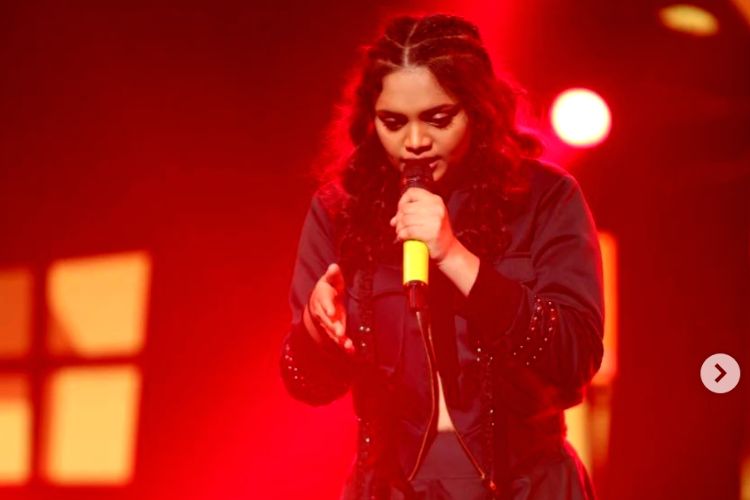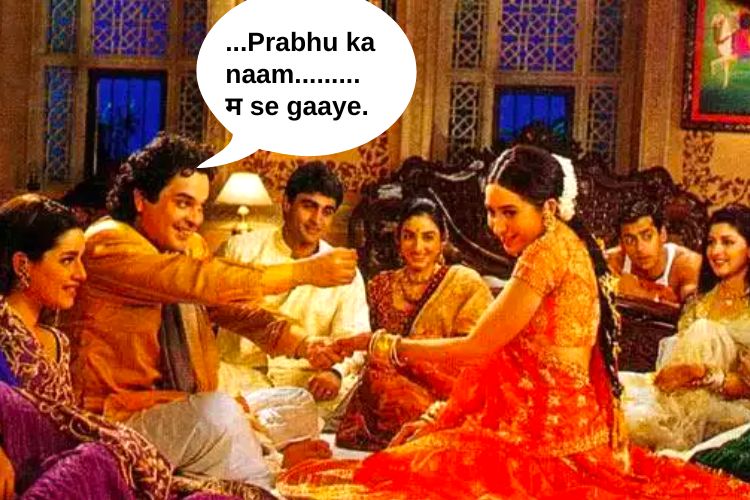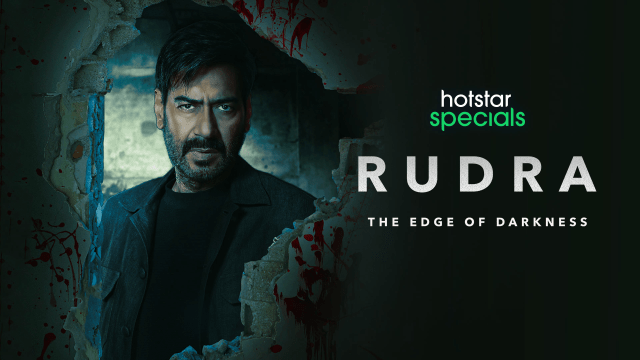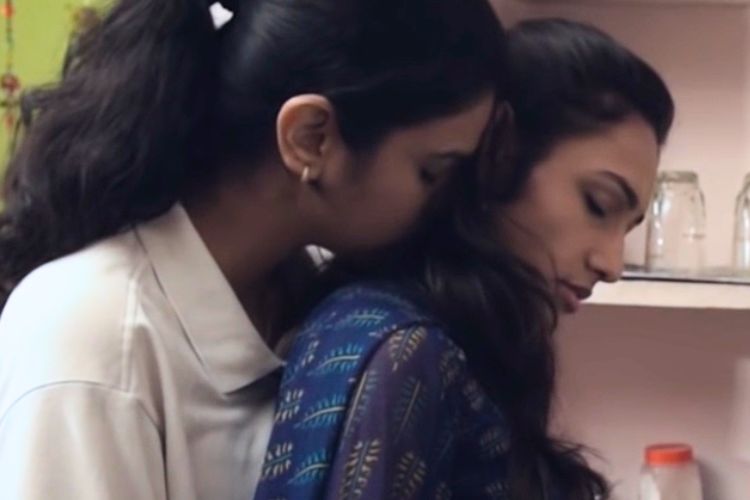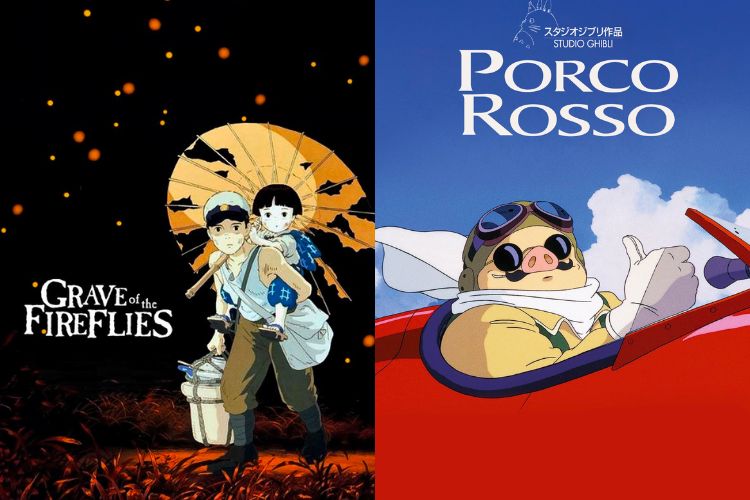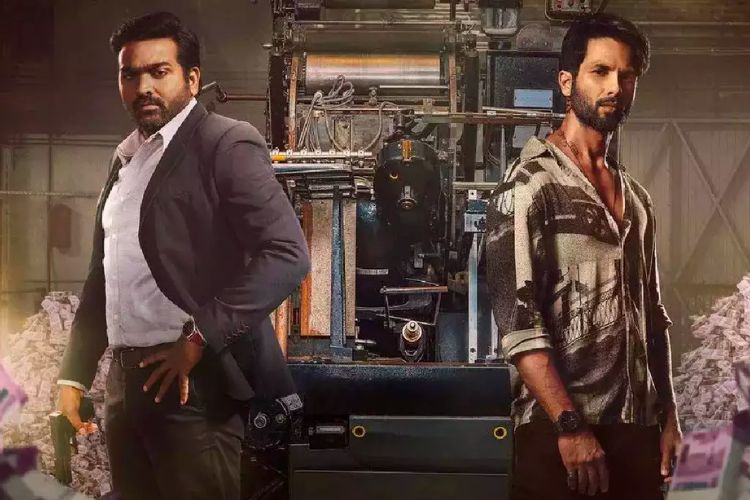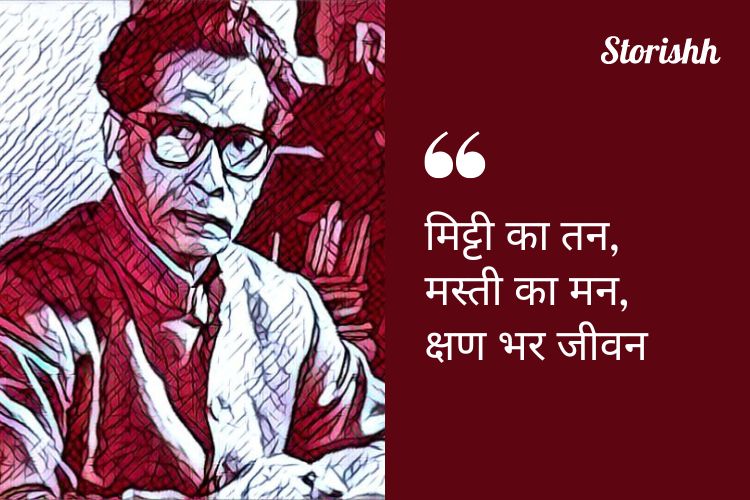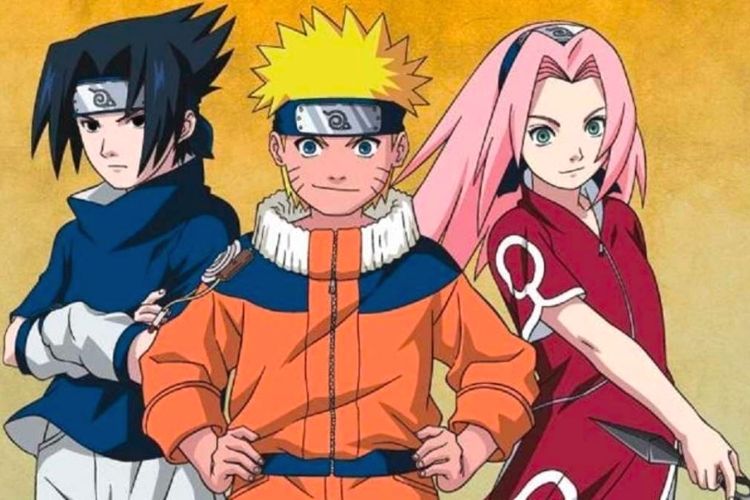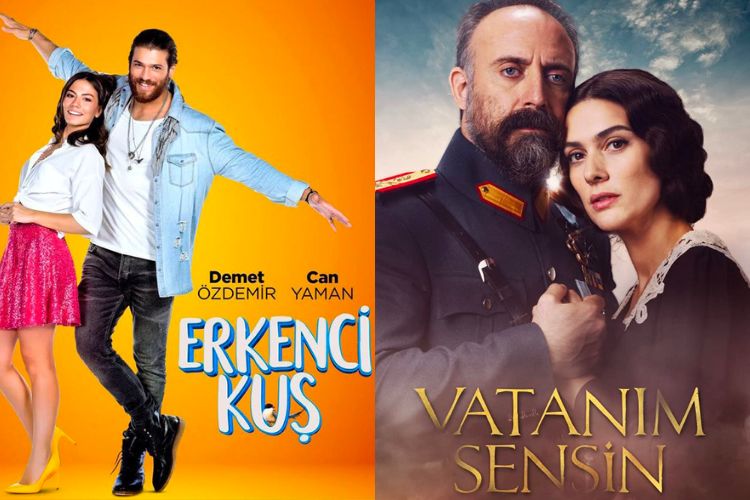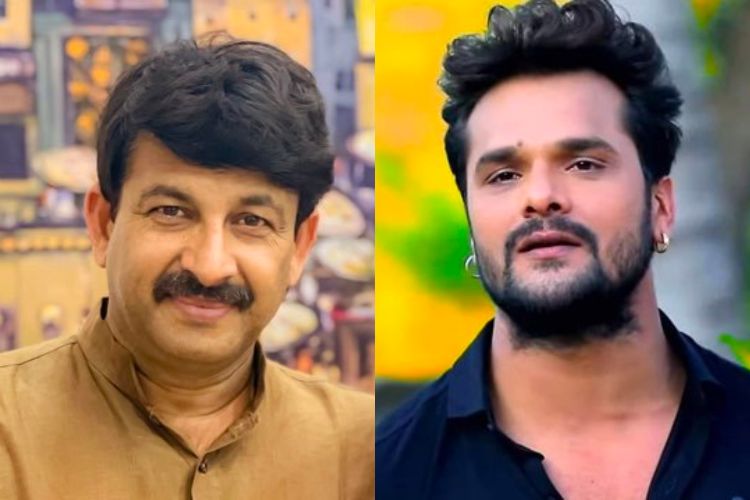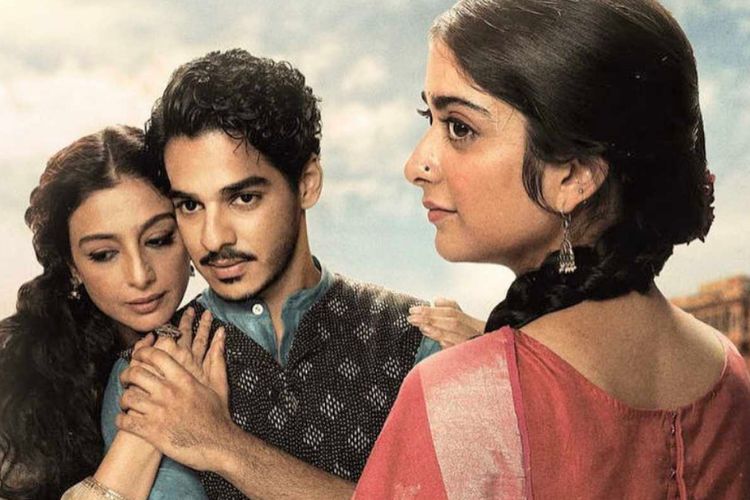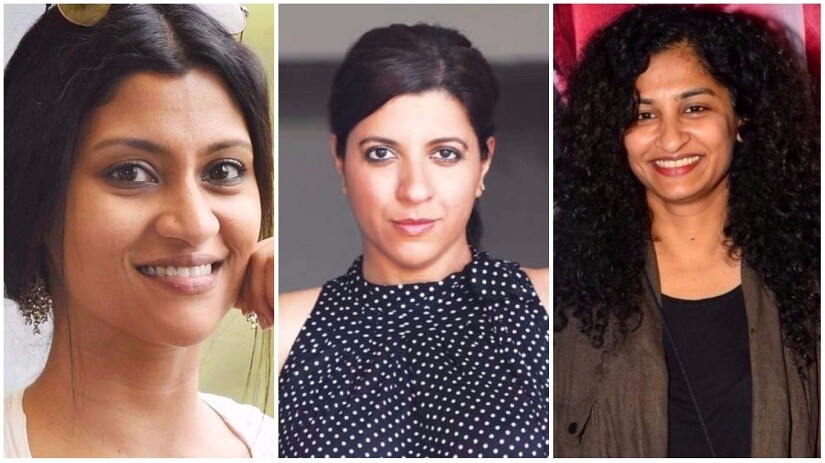
Female Directors & Their Feminist Perspective In Bollywood
For the longest time, Bollywood was a male-dominated industry. It is not that women were not involved in the production of these films, Bhanu Athaiya earned an Oscar for her contribution to costumes in the film Gandhi (1983).
But like every coin has a flip side, what ended up happening was that women were mostly stereotyped into these assigned jobs which had more to do with designing costumes or makeup. A lot of them did not get the opportunity to showcase their perspective behind the camera or on paper. But we live in contemporary times now and things have changed.
But this journey has been a long and tiring one, for female directors to get this recognition and the resources to showcase their art and talent, and today on International Women’s Day we are going to talk about these talented female directors in Bollywood who defied all norms and took the plunge to pioneer an alternate perspective of cinema: The Female Perspective.
Page Contents
Female Directors and their Feminist Perspective in Bollywood
Fatma Begum
Fatma Begum was an Indian film actress, director, and screenwriter. She is often regarded as the very first female director in Indian cinema. By four years, she had written, produced, and directed several films. She founded her own production company, Fatma Films, which went on to become Victoria-Fatma Films, and she directed her directorial debut film, Bulbul-e-Paristan, in 1926.
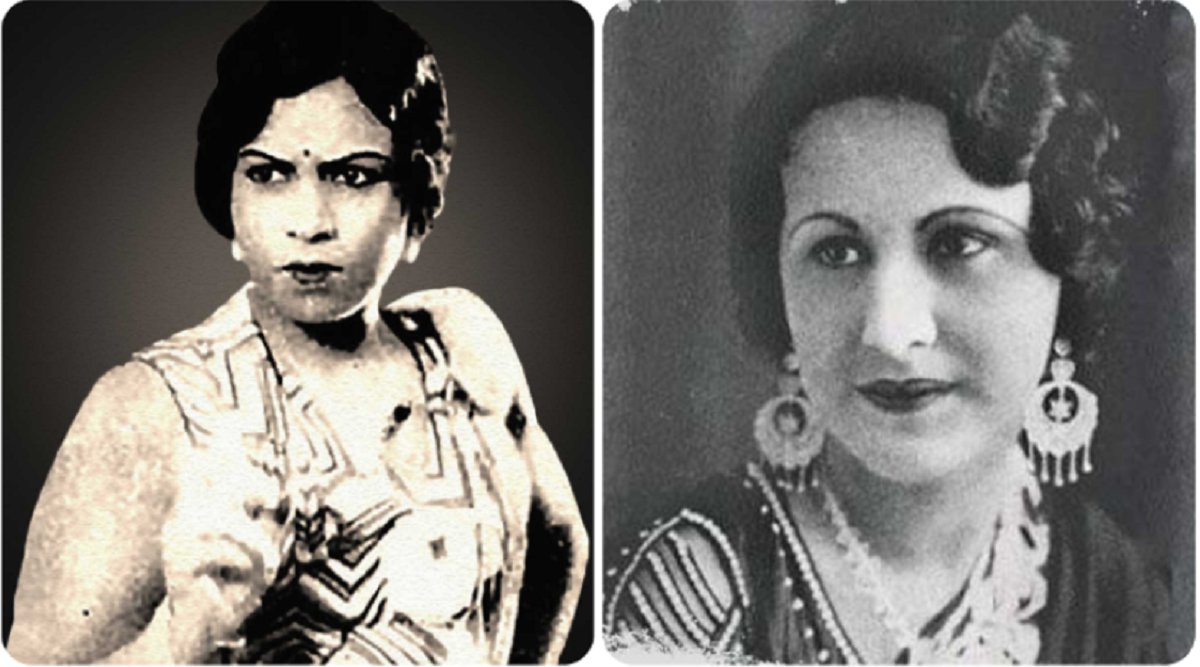
Although no publicly available prints of the movie exist, the high-budget project continues to be characterized as a fantasy film with extensive special effects. If this is correct, Begum would be among the initial pioneers of fantasy cinema, with George Melies.
She became among the first in fantasy cinema, using trick photography to create early special effects. She worked as an actor for Kohinoor Studios and Imperial Studios, as well as Fatma Films, where she wrote, directed, produced, and acted in her films.
Mira Nair
Mira Nair is an Indian-American director, who currently resides in New York City. Her most widely recognized films include Mississippi Masala, The Namesake, Monsoon Wedding (which won a Golden Lion), and Salaam Bombay!, which was nominated for a BAFTA Award for Best Film Not in English and an Academy Award for Best Foreign Language Film.
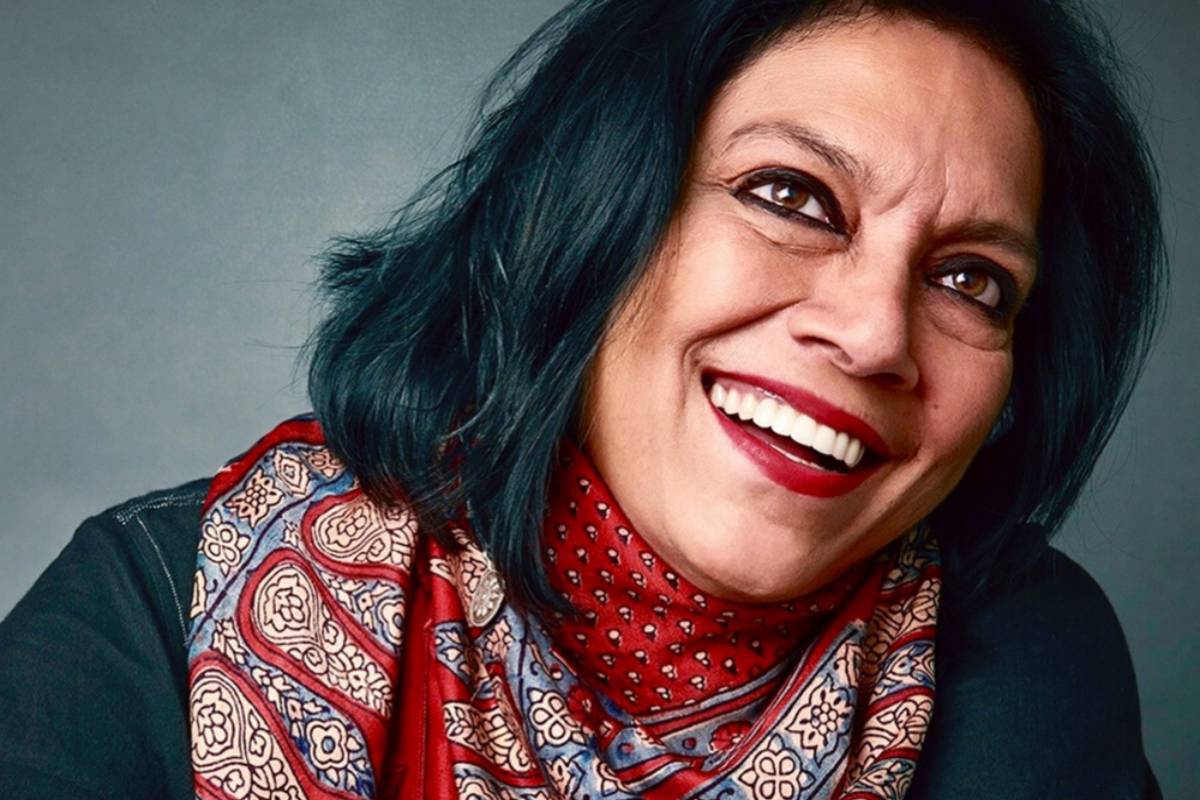
Nair was interested in acting before becoming a director, and she appeared in plays written by Bengali performer Badal Sarkar. Nair joined Harvard University’s theater school and earned a Boylston Prize for her rendition as part of Jocasta’s speech from Seneca’s Oedipus.
Nair’s early filmmaking career consisted mostly of documentaries about Indian customs and culture. Between 1978 and 1979, Nair created a black-and-white film called Jama Masjid Street Journal for her Harvard film thesis. Throughout the eighteen-minute film, Nair walked the streets of Old Delhi and carried out informal discussions with the Delhi locals.
Meghna Gulzar
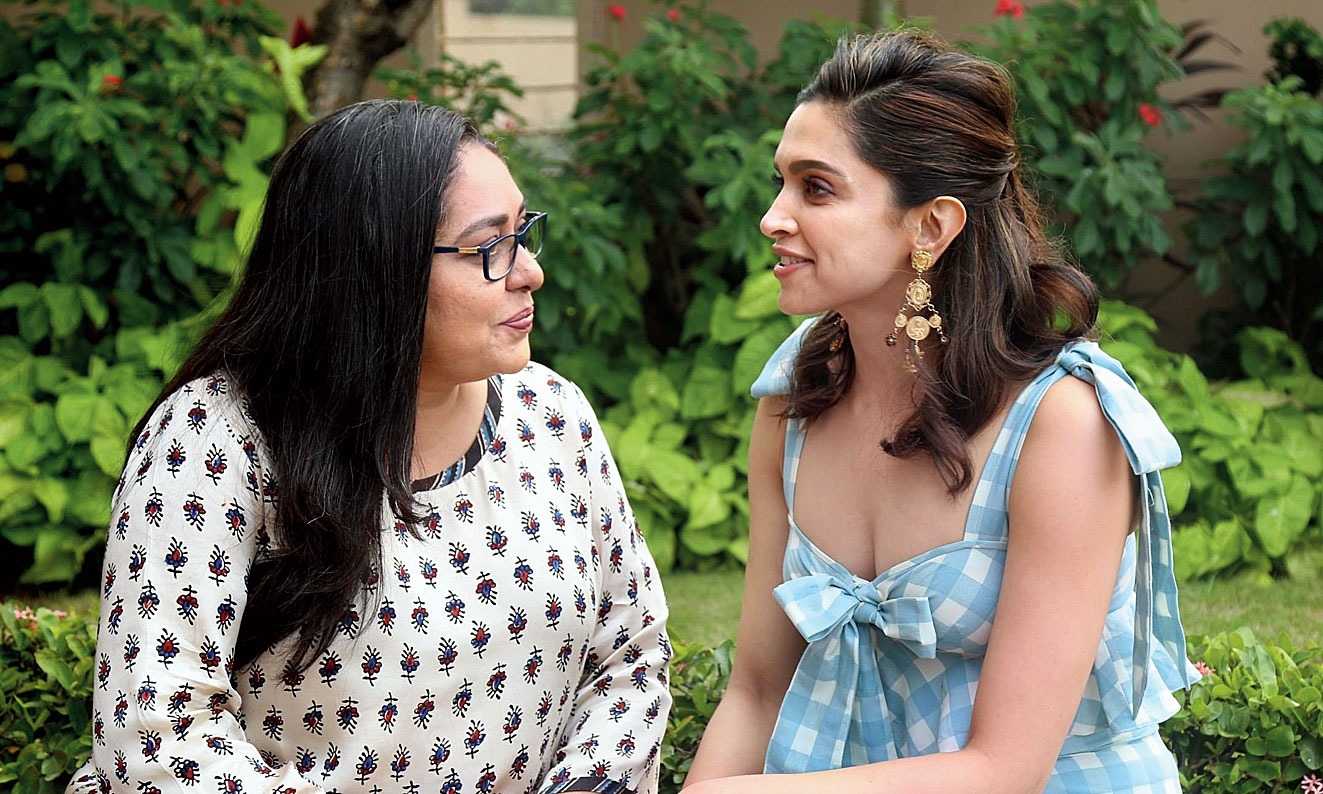
Her most commonly recognized works include the critically acclaimed films Raazi, Chapaak, Talvar, and Sam Bahadur. Gulzar, the daughter of Gulzar and actress Raakhee, worked as a movie assistant for her father before becoming a scriptwriter for Hu Tu, which her father had directed in 1999. Meghna later went on to independent filmmaking, directing her maiden film, the drama Filhaal. Meghna is the most recognized female director in India.
Konkona Sen Sharma
After making her directing debut in “A Death in the Gunj” (2017), Bollywood actor Konkona Sen Sharma joined the ranks of female directors. The film was a triumphant debut for Kokana among Indian female directors when it debuted at the 2016 Toronto International Film Festival, to the delight of many.
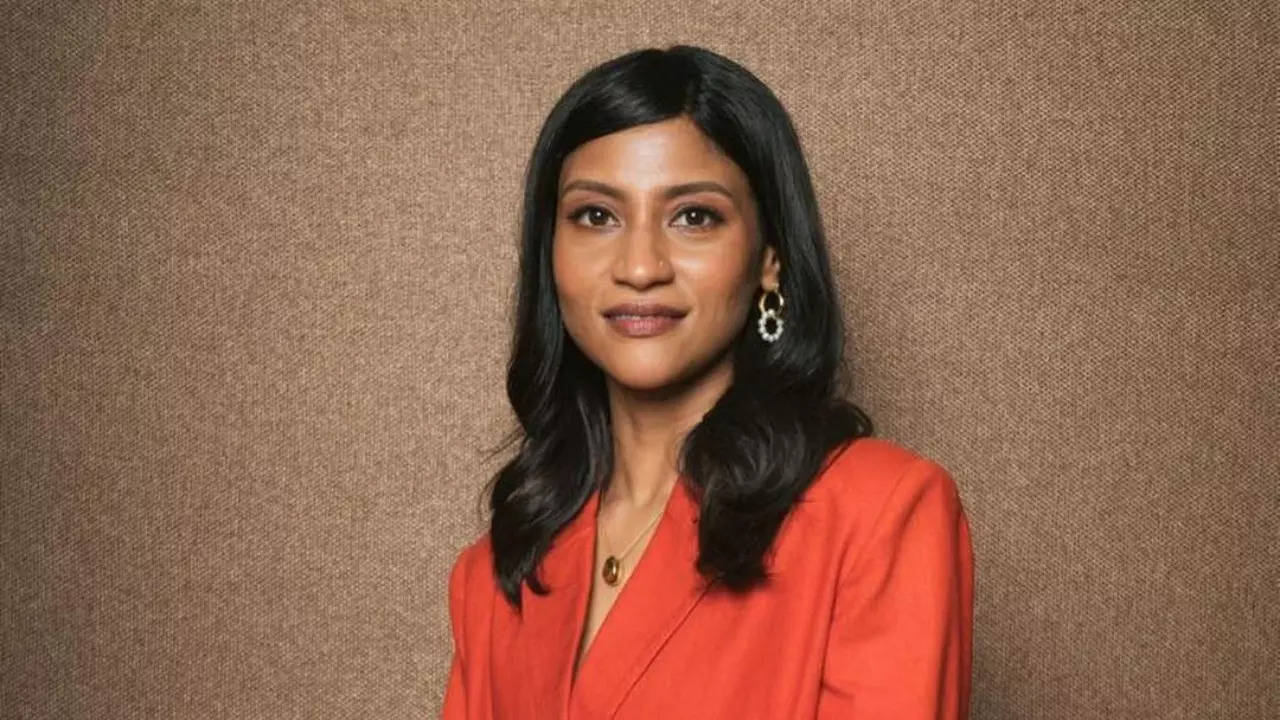
Thanks to the general acceptance of her work for its outstanding storytelling, she was nominated for Best Film (Critics) and won the Filmfare Award for Best Debut Director. At the MAMI Film Festival and the New York Indian Film Festival, she also won awards for Best Director. After gaining recognition as a successful female director, Sharma went on to work alongside R. Balki, Amit Ravindernath Sharma, and Sujoy Ghosh on the Netflix anthology “Lust Stories 2.”
In this Season, her segment, titled “The Mirror,” was an exploration of themes centered around feminine desire and voyeurism, aspects often uniquely handled by female directors. This work further solidified Konkona Sen Sharma’s reputation and skill as a female director, earning her the Filmfare OTT Award for Best Web Original Film (Critics), and highlighting her evolving narrative voice in the landscape of contemporary cinema.
Deepa Mehta
Deepa Mehta, a Canadian filmmaker and screenwriter born in India, is best known for her Elements trilogy, which consists of the movies Fire (1996), Earth (1998), and Water. Water was Canada’s official entry for the Academy Award for Best Foreign Language Film, whereas Earth was India’s.

Water is the third-place non-French Canadian movie to be nominated within this group, after Zacharias Kunuk’s 2001 Inuktitut-language movie Atanarjuat: The Fast Runner and Attila Bertalan’s 1990 invented-language picture A Bullet to the Head.
Shonali Bose
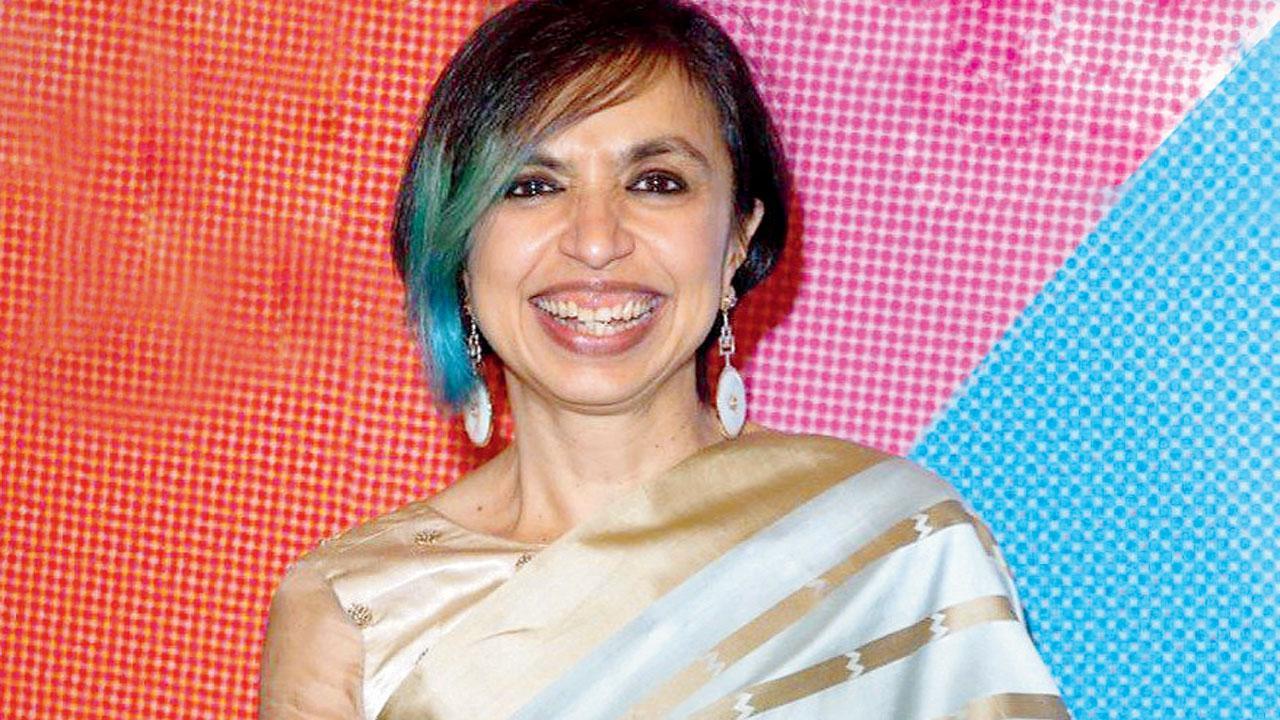
With the critical and financial success of the films Margarita with a Straw and The Sky Is Pink, Bose’s status as an independent filmmaker grew significantly. Bose’s film, inspired by the tale of her cousin Malini Chib, a disability rights activist, earned both a NETPAC and a Sundance Mahindra Global Filmmaker Award. Bose is a passionate philanthropist who supports a variety of charity projects.
Gauri Shinde
Gauri Shinde is one of the most popular female directors in India. Gauri Shinde made her debut in a feature film as a director in English Vinglish (2012), a movie based on Shinde’s relationship with her mother, who worked in her pickle shop out of her home in Pune and had a Marathi-speaking woman who didn’t speak English fluently, which humiliated Shinde as a kid.
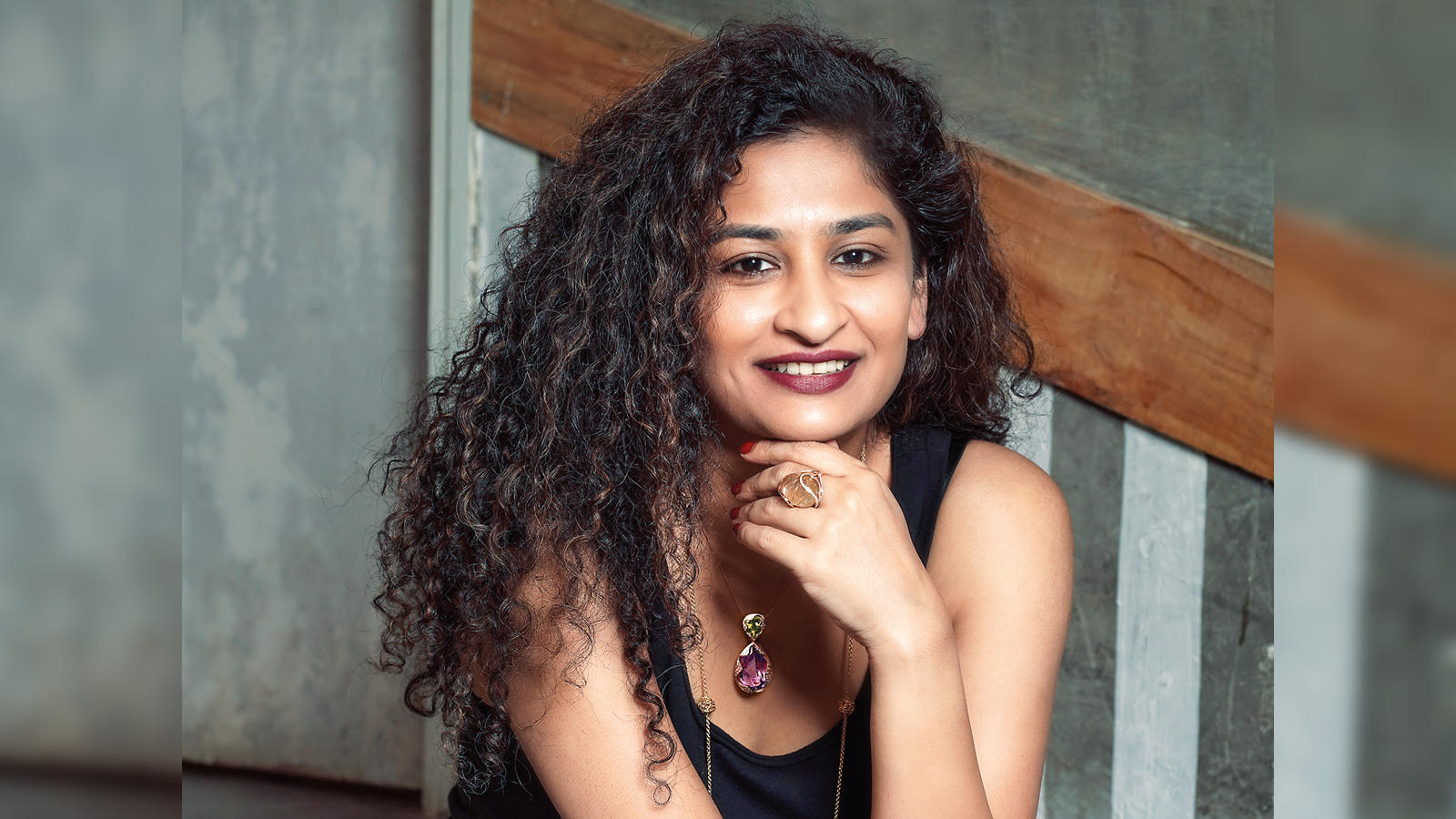
She then made the film Dear Zindagi which was about a depressed cinematographer and the interactions she has with her therapist which changes her outlook towards life, relationships, and existence. The film was one of its kind in Bollywood and was appreciated critically. The film started a much-needed conversation about mental health both in real life and in films, which led to the recognition of the problems concerning mental health and the resources available for them.
Gitanjali Rao
Gitanjali Rao is the writer and director of Bombay Rose, a feature-length animated film that premiered at the 34th Venice Critics Week 2019. Since September 2019, the motion picture has played at 25 global screenings and won four awards. Gitanjali made her international debut through her animated short Printed Rainbow, which premiered and received three awards at Cannes Critic’s Week 2006.
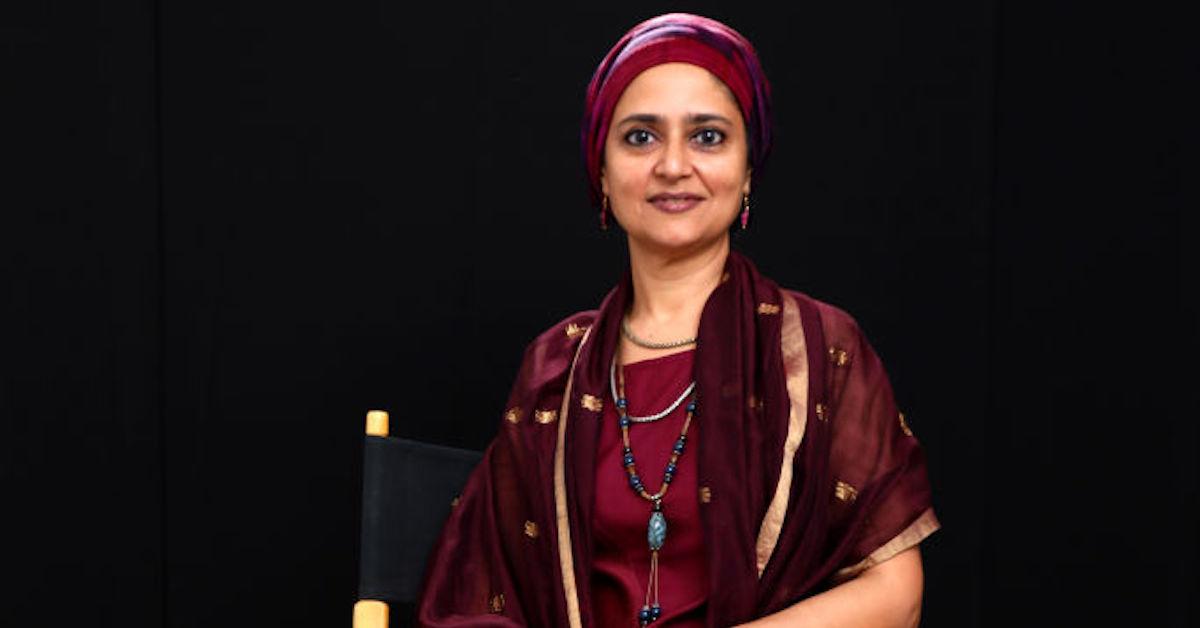
The film appeared on the 2008 Oscar shortlist and won 25 prizes. She is also an actor, having made her debut in Shoojit Sircar’s film October, which earned her five awards for Best Supporting Actress.
Zoya Akhtar
Zoya Akhtar is the most influential female director in India. She made her directorial debut with the movie Luck by Chance. Zindagi Na Milegi Dobara, an entire ensemble comedy-drama, was her breakout film. Along with numerous other ventures, Akhtar helmed the comedy melodrama Bollywood Dil Dhadakne Do.
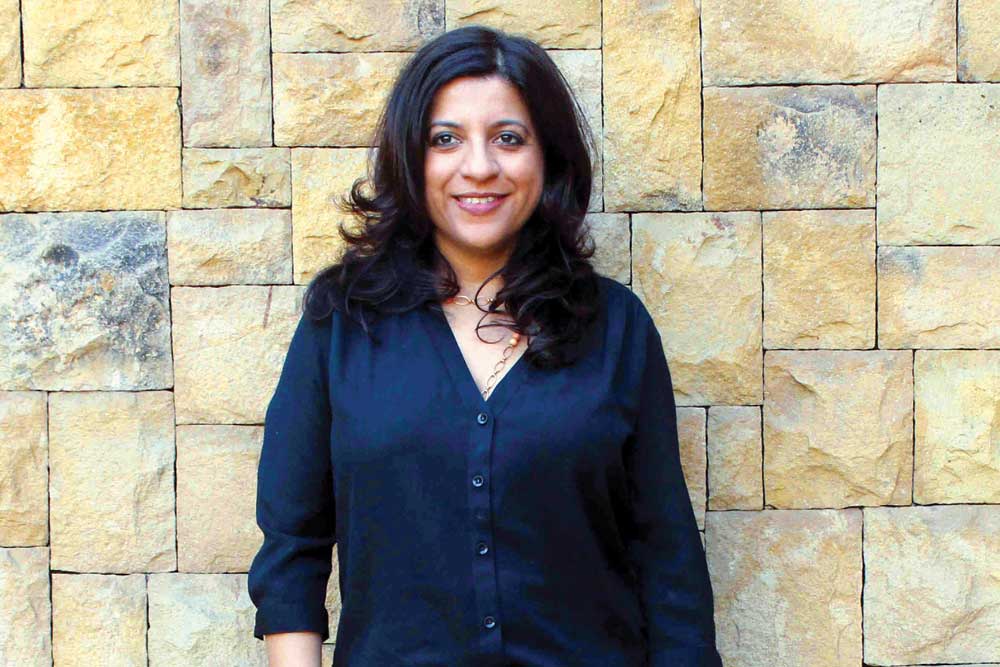
With both the romantic comedy-drama show Made in Heaven as well as the crime mystery series Dahaad (2023-present), she reached the above-the-top (OTT) market. She wrote (along with Reema Kagti) and directed the real-life Netflix feature film adaptation of The Archies in 2023.
Reema Kagti
She made her directorial debut with the highly acclaimed Honeymoon Travels Pvt. Ltd. (2007). She went on to direct the neo-noir film Talaash (2012) and the period sports drama Gold (2018). In October 2015, Reema and Zoya Akhtar founded Tiger Baby Films, a movie and web-producing firm.
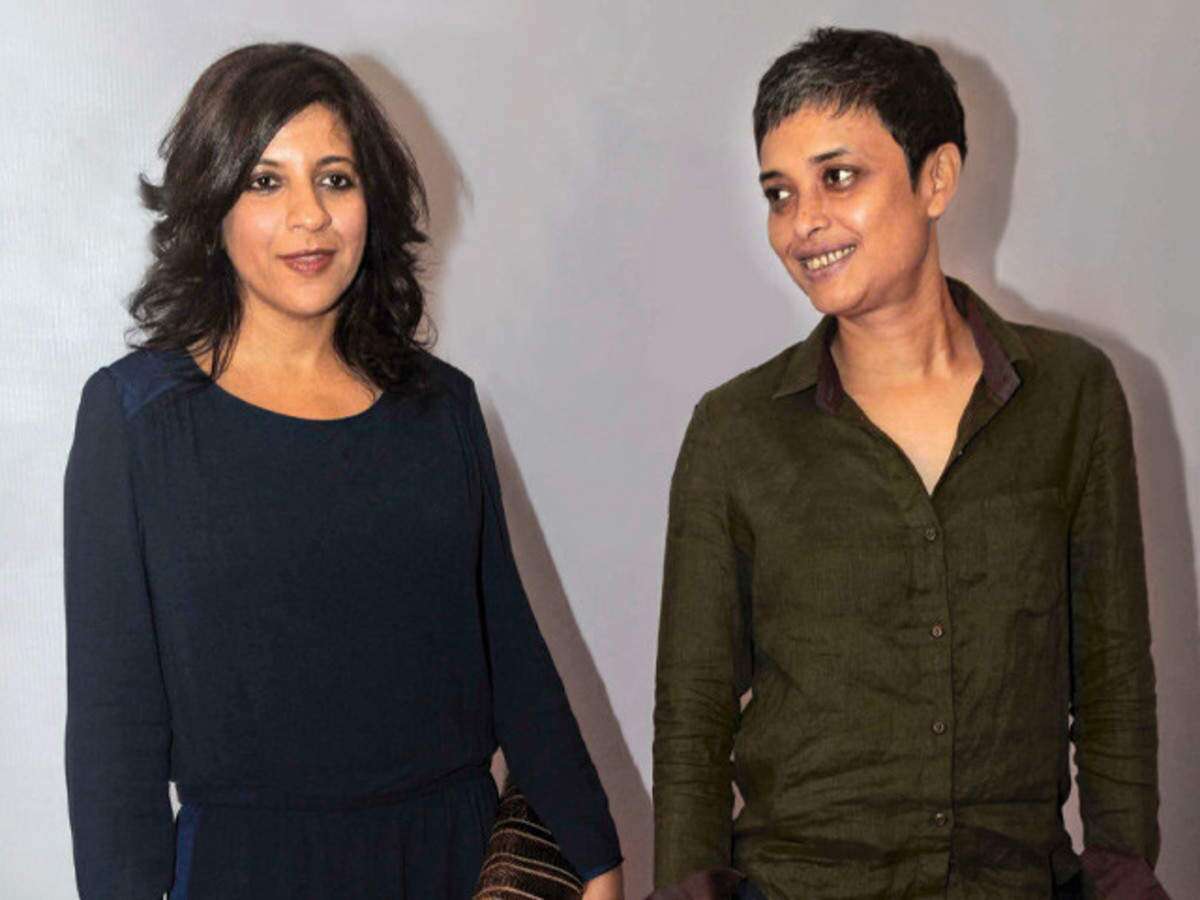
Through their work, these female directors have not only shattered stereotypes but have also paved the way for a more inclusive and diverse Bollywood. As we celebrate International Women’s Day, let’s continue to support and champion the incredible talent and perspectives of female directors in the film industry.
Entertainment
The Most Versatile Disney+ Hotstar Web Series

Disney+Hotstar has one of the most varied kinds of catalogs when it comes to web-series. When it comes to choosing a web series for casual viewing or binge-watching, one can get too overwhelmed as to which web series to watch. Recently different kinds of web series streamed on Disney+Hotstar, that you can stream, ranging from spine-chilling thrillers to hilarious comedies.
Page Contents
The Most Versatile Disney+ Hotstar Web Series
Rudra: The Edge of Darkness
A psychopath goes on a spree targeting Mumbai police, murdering uniformed officers. The only way Rudra can reach him is by rendering himself the killer’s victim. Rudra can review a past case in which a member of a cult suspected of murder resurfaces after more than ten years of hiding, abducting, and murdering women to suck their blood.
The Freelancer
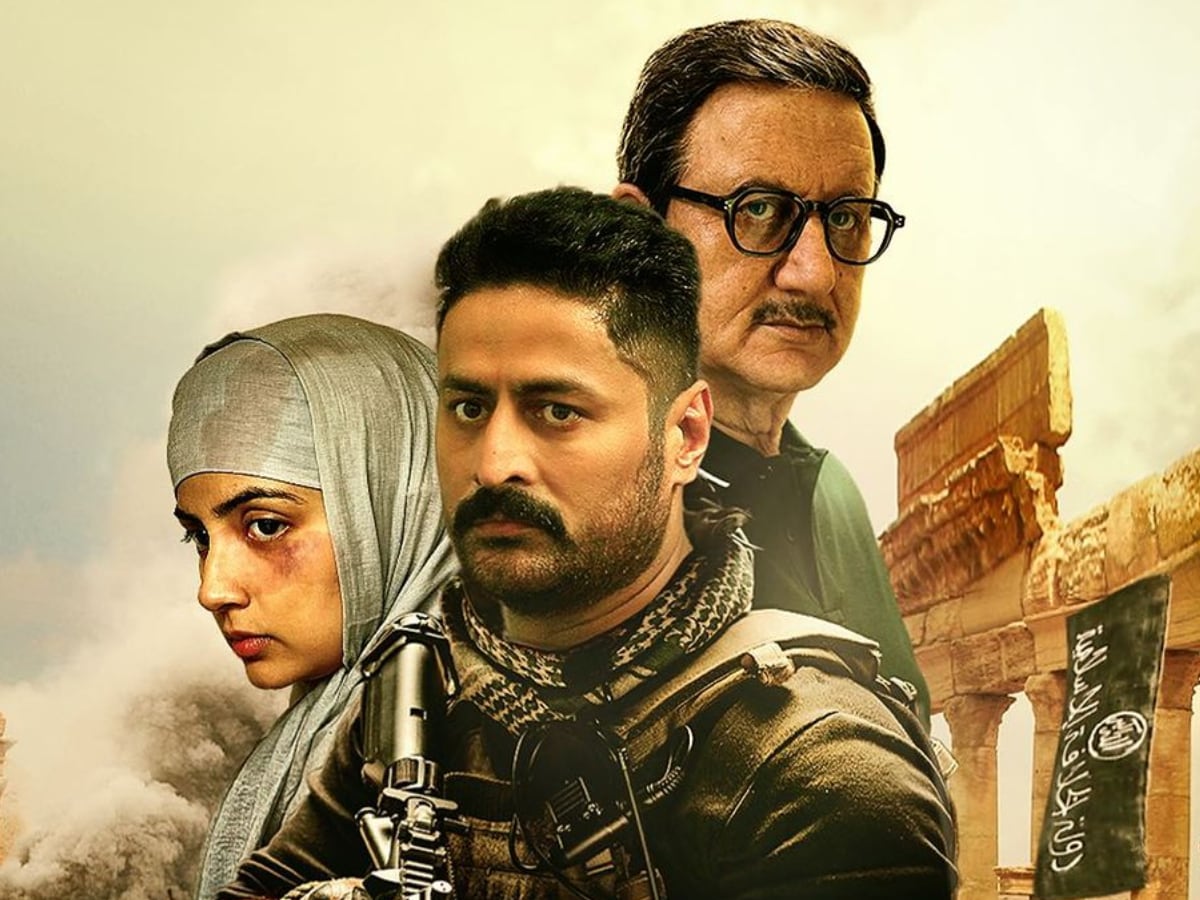
Inspired by the book ‘A Ticket To Syria,’ an ex-police officer turned freelance Avinash Kamath, aka ‘The Freelancer, undertakes the difficult job of rescuing Aliya, a freshly married girl stranded in devastated by war Syria amid the background of increasing ISIS terrorism.
Aarya
The illicit drug mafia and unlawful groups intend to kill his entire family. In reaction, Aarya joined the gangs. The show follows her road towards becoming a crime queen who wants revenge on the people who killed her spouse. In addition, she looks for her three children.
Pam & Tommy
Pam & Tommy tells Pamela Anderson and Tommy Lee’s troubled three-year marriage, with a focus on the burglary and illegal sale and distribution of an iconic sex tape that the pair secretly recorded during their honeymoon.
Criminal Justice
The series follows Aditya Sharma’s (Vikrant Massey) life after he is wrongfully convicted of killing Sanaya Rath (Madhurima Roy). The series is divided into ten episodes. The series begins by presenting Aditya Sharma, a cab driver of a middle-class family.
Saas Bahu Aur Flamingo
A family led by a tough grandmother runs the biggest drug organization in South Asia, deep within the mythological surroundings of Runjh Pradesh. Rani Cooperative, which advertises itself as a homeopathic and doll-making business, is a successful and wealthy business run solely by women.
Special Ops
The narrative features Himmat Singh from the Research and Analysis Wing, who notices identical trends in terrorist incidents and believes a single individual is responsible for all of them. His task force consisting of five agents who reside in different regions of the world seeks to capture the mastermind.
The Great Indian Murder
Popular Vicky Rai, a Delhi industrialist, gets involved in the rape and murder of two underage girls. Vicky throws a celebration after his release from jail. Jagannath Rai is disappointed by the CM and wants Vicky’s assistance in taking revenge. In this current day, police apprehend two killing suspects who have guns on them.
Taaza Khabar
Vasya’s life in the slums is difficult. His sole relief and love interest is Madhu, an illicit prostitute. One day, his charity is repaid as he receives an elderly lady’s blessings. Only Vasya’s buddy Peter trusts in his condition, and they decide to use his newfound authority by attempting to sell an antique vase.
The Night Manager
Shantanu ‘Shaan’ Sengupta, a retired Lieutenant from the Indian Navy, is now employed as a night manager in a five-star hotel in Dhaka, Bangladesh during the Rohingya genocide in 2017. Safina Kidwai, a 14-year-old girl wedded to the famous hotel’s main owner, Freddie Rehman, approaches Shaan for help in escaping to India. After his refusal, she grabs his phone and secretly records a discussion involving Shailendra ‘Shelly’ Rungta and her spouse about purchasing and importing illicit weapons into Bangladesh.
Entertainment
Highest Grossing Indian Movies of All Time
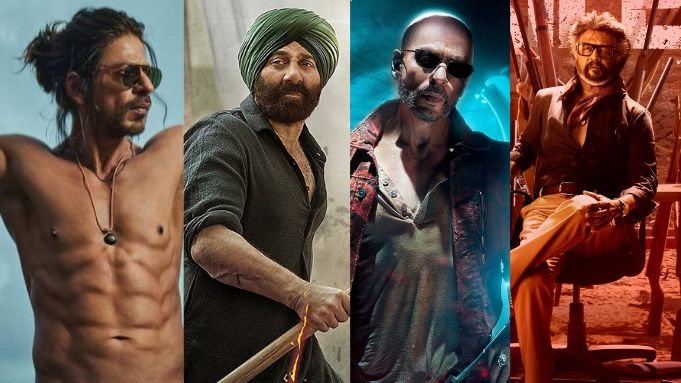
Highest Grossing Indian Movies of All Time
India is the country which produces the highest number of films in the world in a year.
This happens because of the different states and languages that are present in the country, which often help our country to showcase the variation of stories that we have and the range that we have which often end up making a huge mark in the global charts. Today we will discuss these films.
Page Contents
2.0 (2018)
10th number on our Highest grossing Indian movies of all time list. 2.0 a follow-up to Shankar’s Robot (2010) is called 2.0. In that movie, a robot becomes conscious, believes humans are a lower species, and becomes determined to rule the entire planet. The current movie centers on Chitti’s rebirth during the “fifth force” attack on the planet. The film opens with an elderly ornithologist named Pakshirajan (Akshay Kumar) taking his own life. From that day forward, odd things continue to occur.
.jpg?rect=0%2C0%2C1920%2C1080&auto=format%2Ccompress&fmt=webp&width=120&w=1200)
People’s mobile phones in Chennai seem to fly away from one another. Subsequently, cell phones are implicated as a killing weapon in two murders: the chief of a wireless service provider and the largest mobile dealer in the city. Investigative support is requested from the scientific community.
Secret Superstar (2017)
Insia comes from a rather traditional household, despite her intense love for music. Her mother quietly permits her to pursue her love of singing, even if her father forbids her from developing her gift.

She starts sharing her songs online under aliases and becomes well-known across the country, even among music business insiders. Her struggle to become independent and pursue her goal of becoming a musician is depicted in the film.
PK (2014)
PK is a situation-driven comedy about an outsider in the city, PK (Aamir Khan) who asks questions no one else has. The questions are innocent, child-like queries, yet the answers are disastrous. People who have been stuck in their ways of life for generations have to rethink the world around them when they see it through PK’s innocent eyes.
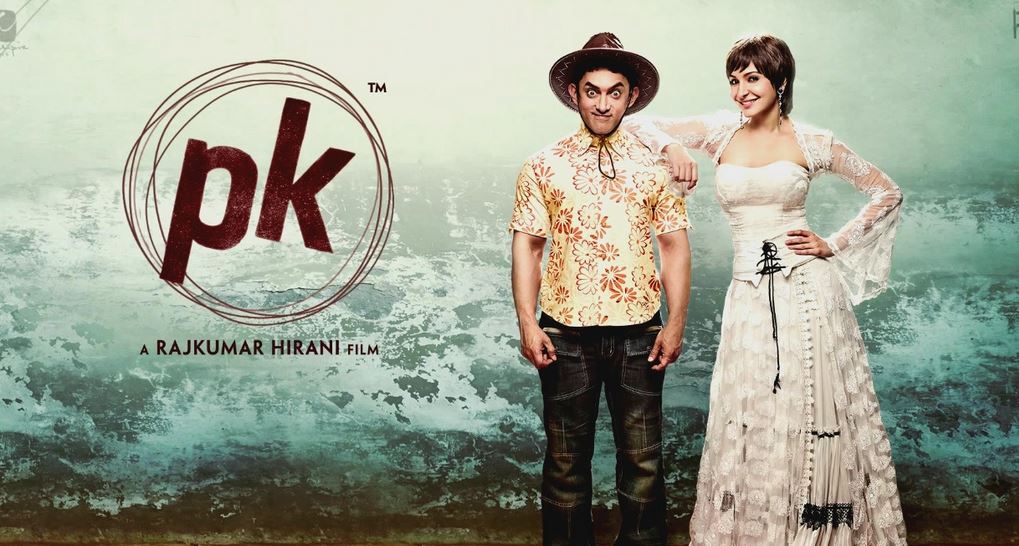
In the process, PK makes both devoted friends and powerful rivals. Heals broken lives and enrages the structure of society. P. K.’s naive curiosity leads to a spiritual journey for him as well as hundreds of thousands of others.
The movie is a daring and creative study of complicated philosophical ideas. It additionally serves as a simple and heartfelt story about love, laughter, and letting go. Finally, it’s a touching story about a bond between strangers.
Animal (2018)
Ranvijay Singh Balbir returns after eight years to protect his father Balbir Singh following an attempt on his life, which leads him to discover the darkest secrets of his family.

The film is a love story between the character of Ranvijay Singh Balbir, played by Ranbir Kapoor, and his father, Balbir Singh, played by Anil Kapoor.
Bajrangi Bhaijaan (2015)
Pawan, a devoted Indian Hindu meets a mute Pakistani Muslim girl named Munni. Pawan grows a more accepting, compassionate man as an outcome of Munni’s positive impact. Bajrangi Bhaijaan brings two people from very different origins together in an alternate father-daughter friendship. Of course, Pawan faces numerous challenges in bringing Munni home.

There are as many bitter situations to watch in Bajrangi Bhaijaan as there are good moments. It’s an extremely moving experience that promotes peace among individuals.
Pathaan (2023)
Indian Intelligence agent “Pathaan” (Shah Rukh Khan) learns of a huge upcoming attack on India, carried out by a hired killer squad lead by the brutal mystery Jim (John Abraham), who has his history.
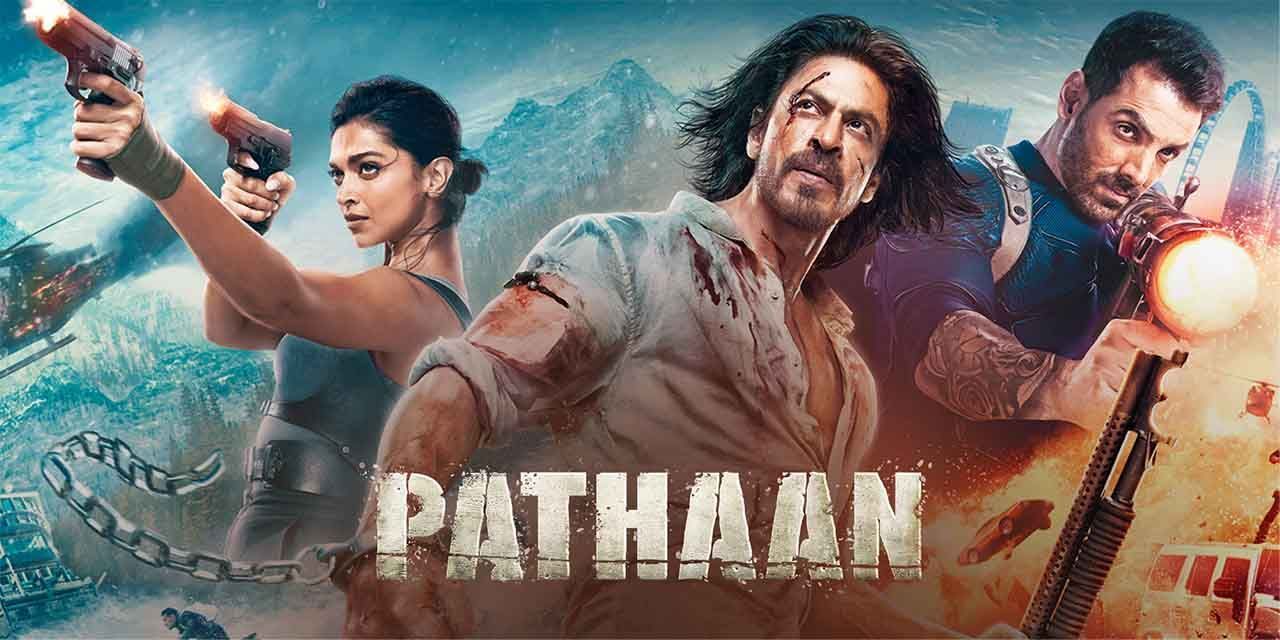
With the doom clock ticking and his only possible friend, agent Rubai (Deepika Padukone), Pathaan must fight multiple deceit and confront destruction as he fights Jim.
Jawan (2023)

A guy is motivated by an agenda to right injustices in society while upholding an agreement he made years before. He encounters a fearless terrible outlaw who has brought immense distress to many.
KGF: 2 (2022)
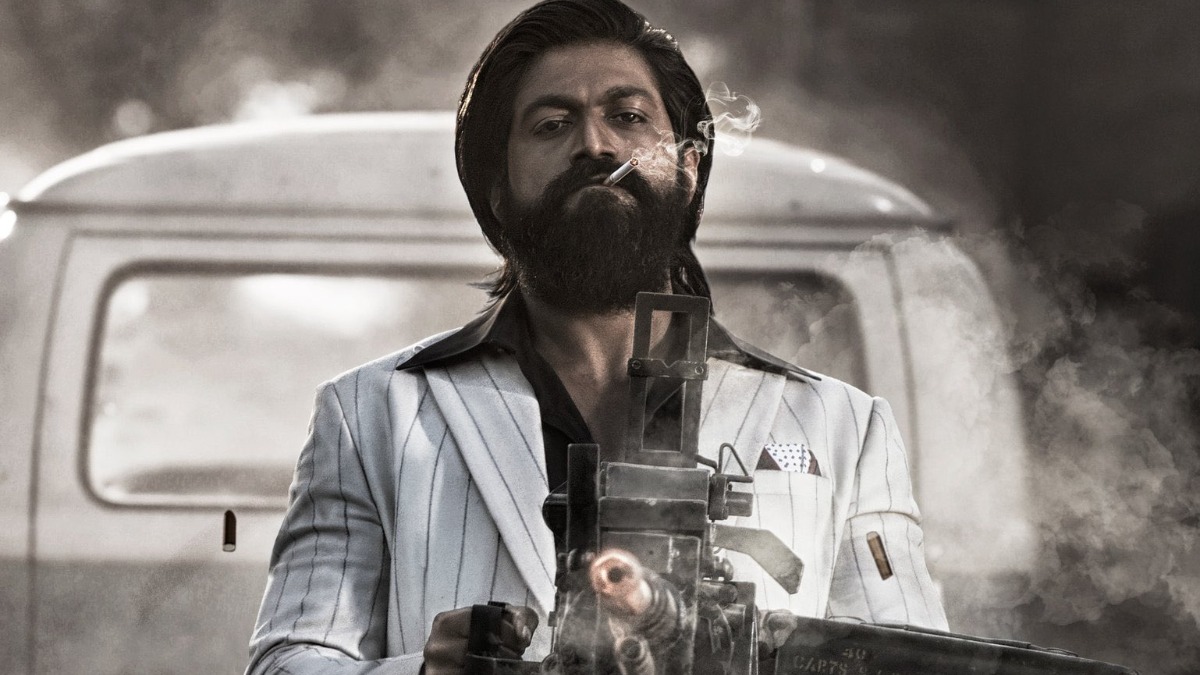
The blood-soaked kingdom of Kolar Gold Fields now has a new ruler, Rocky, whose name instills dread in his opponents. His allies look to him as a rescuer, the authorities regard him as an enemy, and his opponents demand vengeance.
RRR (2022)

A courageous rebel and a British officer who once had a profound friendship choose to join the forces and create an inspiring road of freedom against dictatorial regimes.
Dangal (2016)

At the top position of Highest grossing Indian movies of all time list is none other than Dangal. Mahavir Singh Phogat, a former professional wrestler, chooses to pursue his goal of earning a gold medal for his nation by training both of his daughters in the Commonwealth Games, despite prevailing social stigmas.
Entertainment
Alia Bhatt’s Stellar Filmography
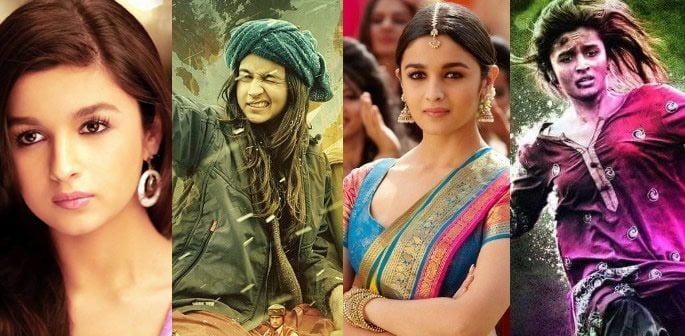
Alia Bhatt is one of the most prolific Bollywood Actresses in the contemporary space of Bollywood, who has also ventured into Hollywood last year. She has proved her talent through numerous films and started her career at the mere age of 19 with the Karan Johar directorial Student of the Year (2011).
Known for her depictions of women in challenging scenarios, she has won several accolades, including a National Film Award and six Filmfare Awards. She is one of India’s highest-paid actresses of Bollywood, appearing on Forbes India’s Celebrity 100 list since 2014 and receiving the Time100 Impact Award in 2022. Today, on her special day, we will take a look at the most celebrated Alia Bhatt movies in Bollywood.
Page Contents
Alia Bhatt’s Stellar Filmography
2 States (2013)
A romantic journey of a culturally contrasting couple, Krish Malhotra and Ananya Swaminathan. They meet at IIM-Ahmedabad College and fall in love while participating in the program. Complications emerge when the program ends and they decide to marry. Krish and Ananya are from separate states in India. Krish, a North Indian Punjabi kid from Delhi, and Ananya, a Tamil Brahmin from Chennai.

They make an intentional decision: they will not marry until both of their parents agree. Everything goes wrong once the parents meet. There is a dispute over culture, and the parents are against the wedding.
To turn their love tale into a loving marriage, the pair must confront a difficult challenge. Because it is simple to put up barriers and resist, but far more difficult to persuade.
Badrinath Ki Dulhania (2017)
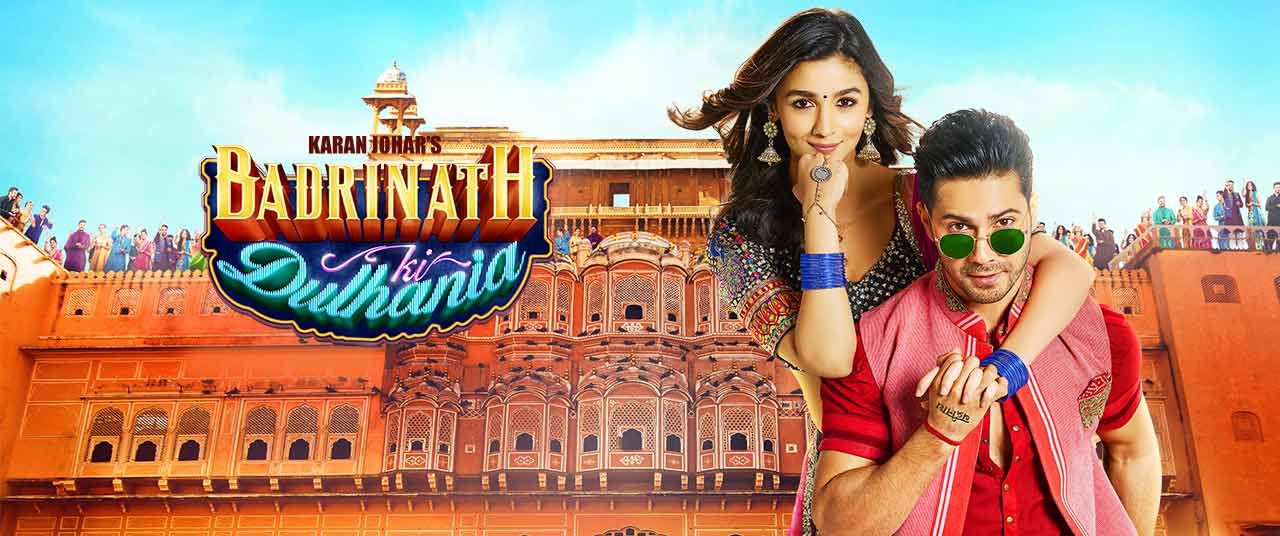
Badri, the rich man’s son, encounters Vaidehi during a wedding, and flames flare between them. However, when he desires little more than to marry her, she wishes to follow her ambition of becoming an air hostess.
Rocky Aur Rani Ki Prem Kahaani (2023)
Dhanlaxmi Randhawa is a prideful businesswoman who considers her spouse Kanwal to be a loser and never allows her son Tijori to get attached to him. Kanwal was involved in an accident and was confined to a wheelchair for the rest of his life.

Years later, he experiences certain occurrences in his life and uses the name Jamini. The doctors encourage them to trace Jamini since it could help them regain their grandfather/father. Rocky, his grandson who is considerably closer to him, tracks down Jamini Chatterjee and discovers that her granddaughter is Rani Chatterjee, a popular anchor.
Rocky sees Rani tells her about Kanwal and asks her grandmother whether she knows him. Rani doesn’t take him seriously, but Jamini reveals the truth.
Raazi (2018)
Raazi is amongst the most critically acclaimed Alia Bhatt movies. During the 1971 India-Pakistan conflict, Hidayat Khan, a freedom fighter, worked as an agent for the Indian government, providing information about Pakistan.

Hidayat Khan hopes that his 20-year-old daughter Sehmat continues to carry on his legacy, as death may call him at any time due to his blood tumors. Sehmat agrees to continue her father’s cultural heritage and is trained by Senior Officer Khalid Mir and his assistant Bakshi.
Hidyat is on friendly terms with Brigadier Parvez Syed, a Pakistani army officer, and chooses to marry Sehmat to his younger son, Iqbal Syed, who is also an army officer.

Sehmat works to settle into her newlywed status and gain the trust of her family, while simultaneously learning important intelligence about Pakistan’s plans against India, which she sends on through various intermediaries. But Sehmat is constantly skeptical of the house’s devoted cook Abdul. Will she be able to do her job?
Darlings (2018)
Badrunissa (Badru) and Hamza are deeply in love and intend to marry after Hamza receives a government job as a T. C (Ticket Collector) in Indian Railways. Still, Badru’s mother, Shamshunissa, is not pleased with her decision.
Three years later, things are not going well between Badru and Hamza since he has become an alcoholic and frequently hits Badru, demanding that she live according to his rules. He is also opposed to his building’s renovation proposal. Shamshunissa is well conscious of her daughter’s regular mistreatment and wishes for her to return home, but Badru remains hopeful that Hamza will change one day.
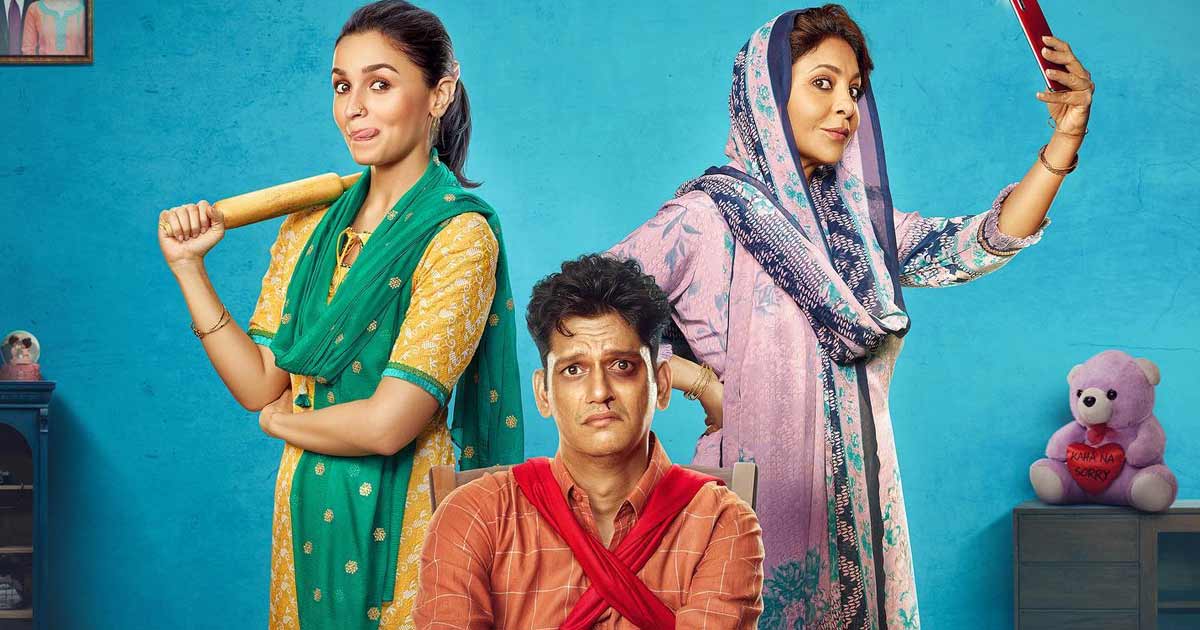
Zulfi, a common acquaintance of Badru and Shamshunissa, complains to law enforcement about Hamza being a wife abuser, but with his sweet talk, Hamza persuades Badru to withdraw the accusation. On their trip home, Hamza strikes Shamshunissa, and Badru is forced to choose between her mother and her husband, ultimately choosing Hamza, causing both mom and daughter to cut connections.
A couple of days later, Badru learns of her upcoming pregnancy and joins Shamshunissa at the very same time Hamza learns through Inspector Jadhav that Zulfi has filed a complaint against him, and Badru is well aware of it. Hamza fears a sexual relationship between them and throws Badru downstairs, causing her to miscarry.

However, Badru continues to stay there; she intends to hold Hamza hostage in their home and torment him in the same way he tortured her. This is Alia’s first OTT project but this series was no less than any Alia Bhatt movies and her performance was praised.
Udta Punjab (2016)
What might a rock superstar, a migrant worker, a doctor, and a cop have something in common? Simple, Punjab! Udta Punjab brings you on an unforgettable journey with four lives and one bond. Shahid Kapoor, Kareena Kapoor, Alia Bhatt, and Diljit Dosanjh play people from all walks of life who each tackle the drug curse in their unique way.

The film explores the manufactured highs and actual lows that they encounter while traveling down dangerous routes. But most importantly, Udta Punjab is about the legendary Punjabi spirit, which, despite being completely down, has the nerve to stare you in the eye.
Gangubai Kathiawadi (2022)
Gangubai most recent and most successful among Alia Bhatt movies. A small girl gets sold to Rashmibai’s brothel and forced to work in the prostitution trade. When the girl refuses to accept, Rashmibai feels compelled to seek the assistance of Gangubai Kathiawadi. Gangubai Kathiawadi, also known as Ganga, desired to become an actress and fled to Mumbai with her fiance Ramnik, who sold her to Shelia Masi’s brothel.

Gangubai had little choice but to become a prostitute, but she earned the respect of other women because she would be their primary support in their fight against Sheila Masi. Gangubai eventually forms a brotherly friendship with Don Rahim Lala. Gangubai quickly established herself as the mafia queen and aimed to improve women’s lives in her town. She chooses to enter politics, but she faces a formidable opponent in Raziabai.
Highway (2014)
A city girl, youthful and full of life, is on a highway at late midnight with her fiancé. Suddenly, her life changes from the shiny jewels of marriage to the gruesome brutality of kidnapping.

Her life will not be ever the same again. The gang is terrified; the girl is a wealthy industrialist’s daughter, and his connections in the halls of power make compensation impossible. However, for the leader of this organization, giving her back is not a choice. As the days pass, the countryside changes and the girl believes she has undergone shifts as well.
Slowly, a weird link forms involving the person being oppressed and the one who oppresses her. For the first time in her imprisonment, she feels carefree, happy, and peaceful.

So which one is your favorite among the above-mentioned Alia Bhatt movies? Let us know in the comments.

 Entertainment2 years ago
Entertainment2 years ago18+ Series That You Undoubtedly Should Not Watch With Your Family

 Entertainment2 years ago
Entertainment2 years agoTop 10 Indian Hot Web Series That Will Raise The Temperatures

 Entertainment2 years ago
Entertainment2 years ago10 Adults Only Ullu Hot Web Series

 LGBTQ+8 months ago
LGBTQ+8 months ago8 Bold and Unapologetic Indian Gay Web Series

 Recommendations2 years ago
Recommendations2 years ago10 Best Anime Movies In Hindi By Studio Ghibli

 Entertainment1 year ago
Entertainment1 year ago10 Quotes That Make Farzi Web Series Iconic

 Nostalgia3 years ago
Nostalgia3 years ago90s Snacks Of India That We Will Probably Never Eat Again

 Entertainment1 year ago
Entertainment1 year ago5 Hande Erçel Dramas In Hindi On YouTube




